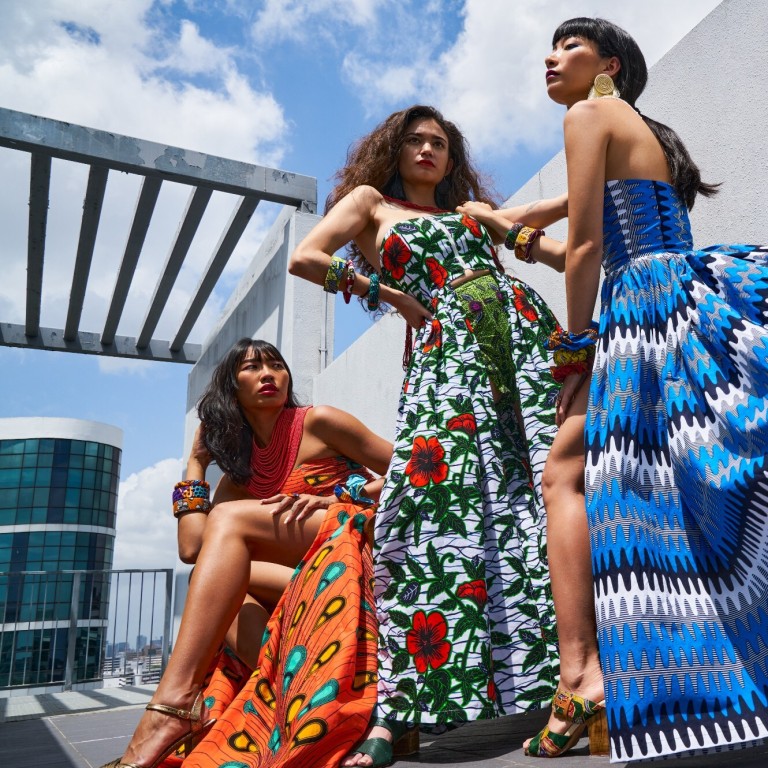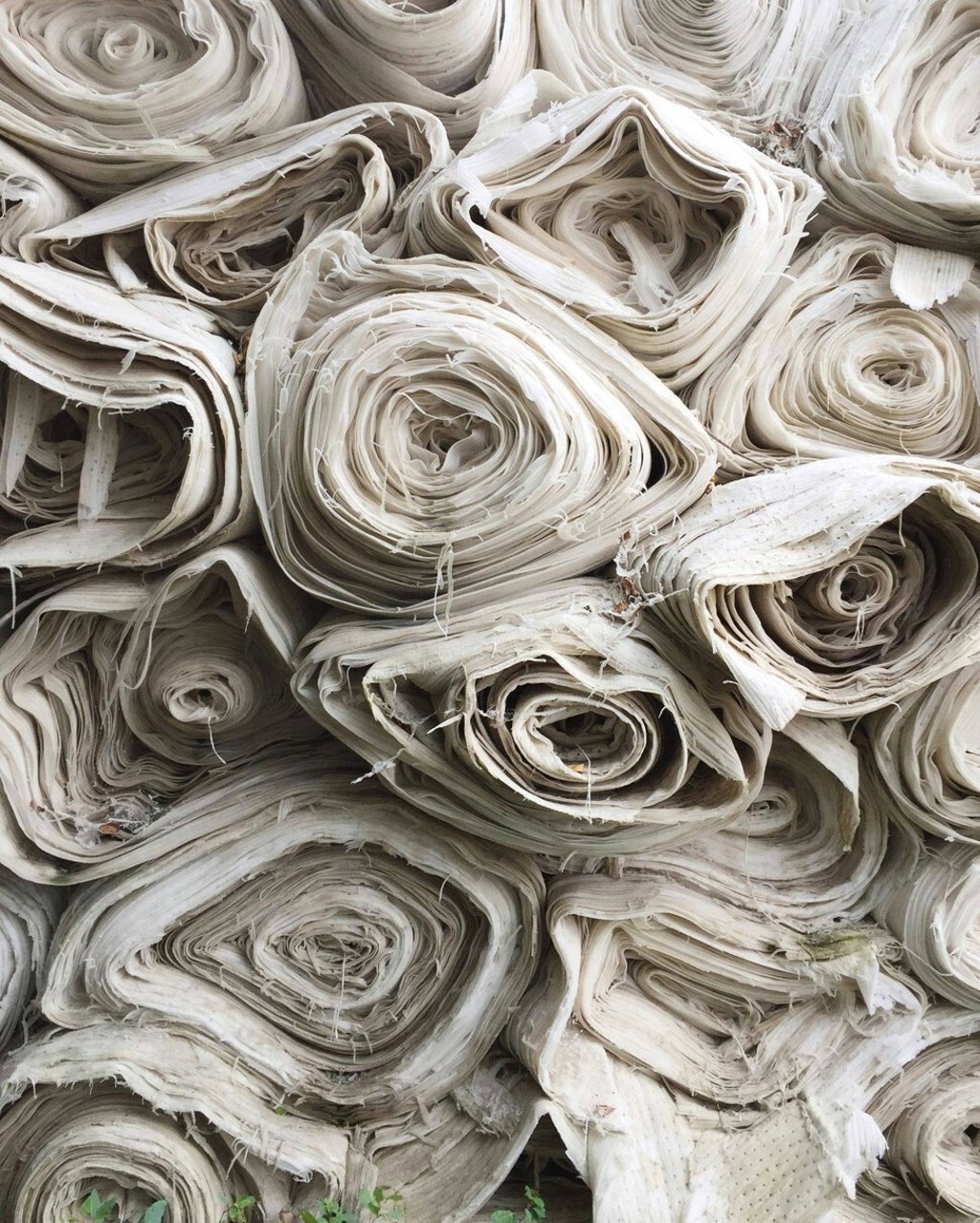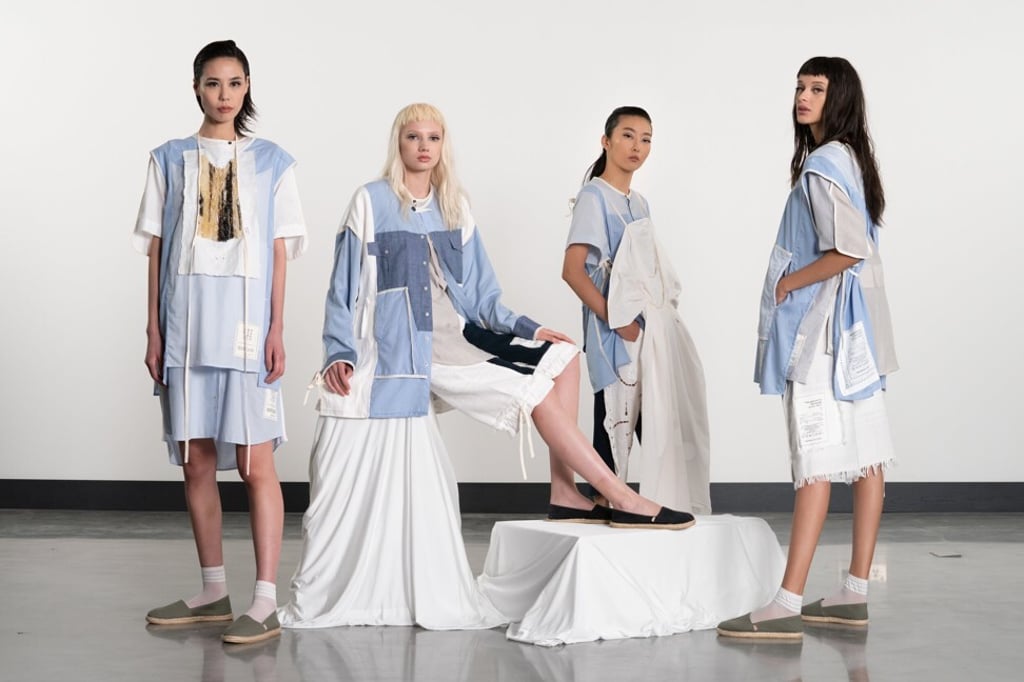Singapore’s founding father Lee Kuan Yew preached sustainability – now Source Collections offer Lyocell clothes and Outfyt recycle fishing nets into Econyl fabric

Seven in 10 Singaporeans are open to recycling, swapping or upcycling clothes – brands like Hong Kong’s Redress help them meet ‘Zero Waste Nation’ and Sustainable Singapore Blueprint goals
A sentiment that has taken hold in the Singaporean consumer market is the movement towards making conscious lifestyle choices by selecting brands and services that align with green values. A 2019 DBS survey reported that “seven in 10 Singaporeans are open to recycling, swapping or upcycling their clothes to play their part in slowing climate change”. With this growing advocacy for zero-waste habits, more home-grown, sustainable fashion brands and services are emerging in Singapore and beyond to grab a share of this newly burgeoning market.
In response to the eco-friendly attitudes of their customers, a number of local fashion brands in Singapore are confidently touting their green bona fides as the sustainable values of producers and consumers further align.

Vincent Ooi, founder of home-grown brand Source Collections says, “We have noticed more people and customers who are trying to purchase more consciously (buying fewer but better quality pieces) in recent years.”
With a mission to create “something with a social conscience while making a positive impact”, the label stocks basics that use eco-friendly fabrics such as Tencel Lyocell and organic cotton.
In the activewear sector, brands like Outfyt have also received a positive reception in the market by sourcing sustainably produced fabrics. The company caters to the growing activewear market with minimalist apparel made with Econyl, a regenerated nylon fabric produced from abandoned fishing nets rescued from the ocean.
While most local, sustainable fashion brands are limited to online sales and stockists, Outfyt extends beyond its online presence and builds a physical community with its customers through its bricks-and-mortar store, which serves as a space for its close-knit and like-minded members to gather and evangelise green values.
